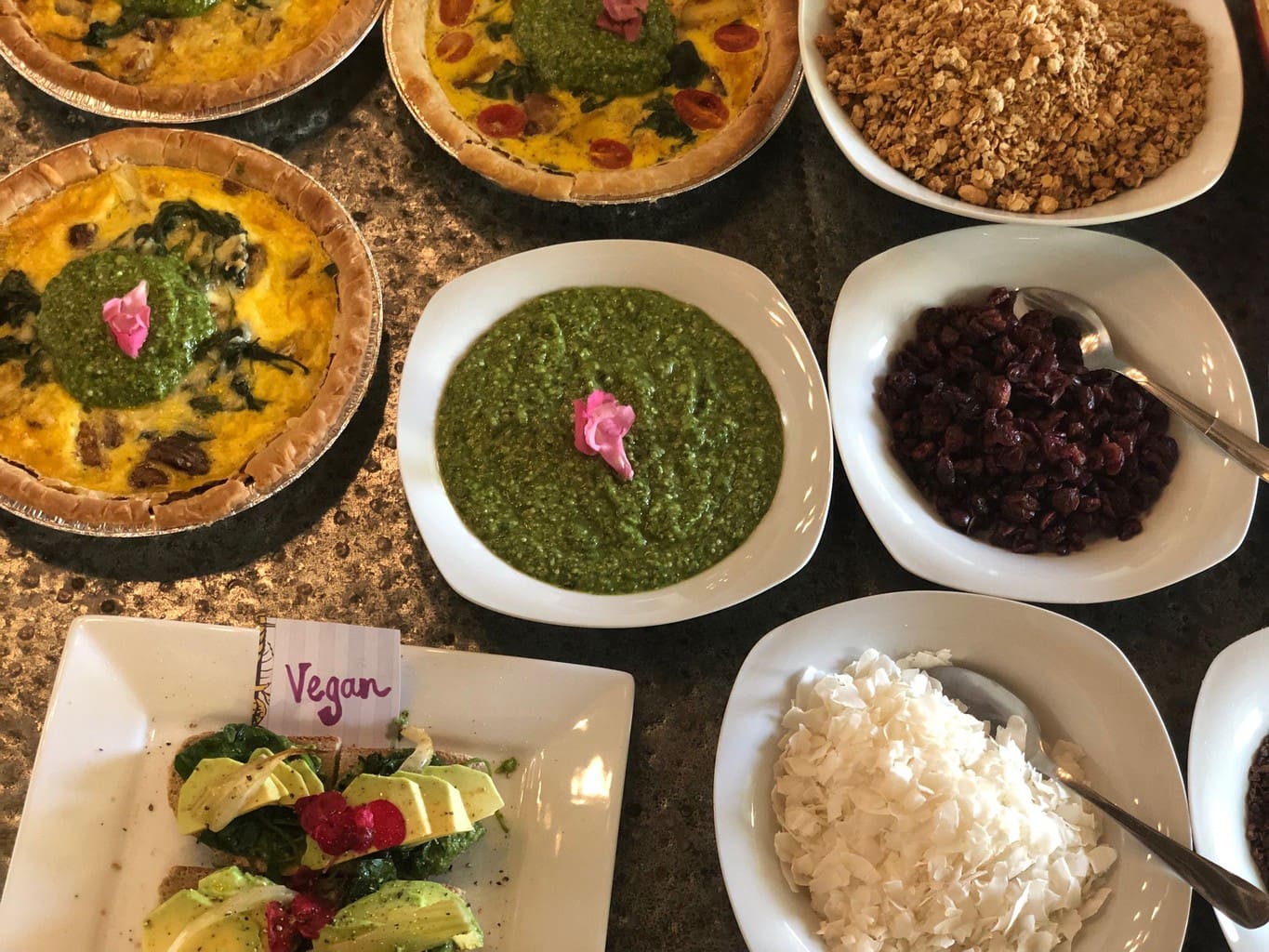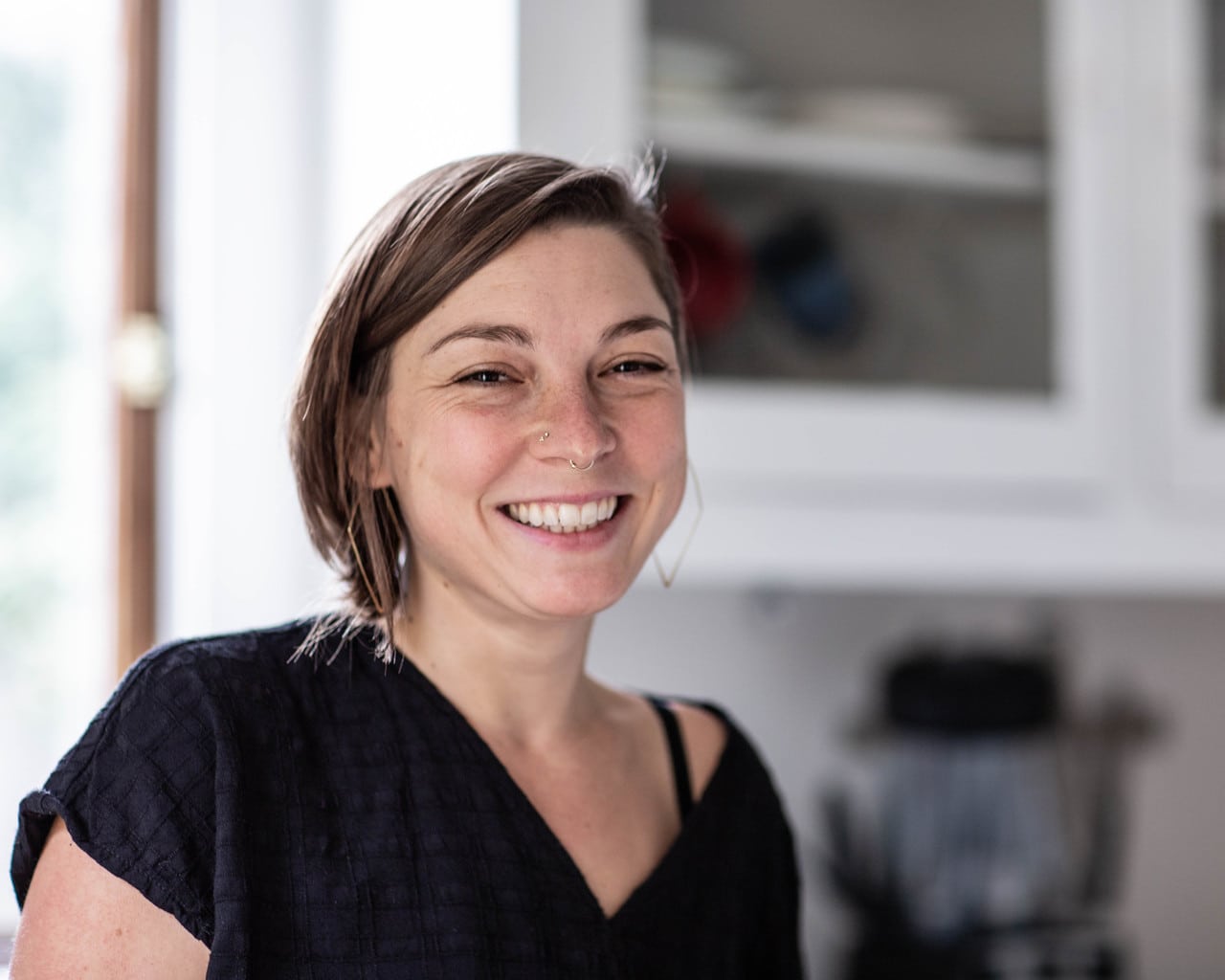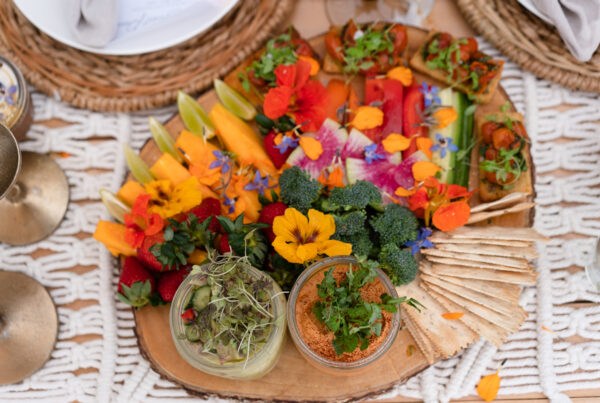Eating Seasonally & Eating Local for Health
By | Chef Johanna Glaser
Hello, everyone, I’m Johanna, a member of the holistic chef network here at More Pleaze, located in Portland, OR.
Here in the Pacific Northwest, we are blessed with an abundance of year-round produce that makes eating seasonally a treat more than a challenge! I have partnered with Good Rain Farms, an all organic, native women-owned farm out of Camas, WA to create easy and fresh recipes featuring produce available through their CSA shares. Don’t worry, the CSA has pick up options in Portland, OR.
CSA stands for Community Supported Agriculture, a system where community members pay for their produce in advance. Which, in essence, creates many microloans with no interest that help finance the farm’s start of season needs. Once the farm begins producing crops, members are repaid in organic vegetable shares every week. The contents of the box vary depending on what is in season and abundant! CSA shares are perfect for people who are looking to get a variety of organic veggies into their diets but don’t have the time for farmers markets. Or maybe want to try eating seasonally but don’t know where to start. You can sign up now for CSA shares right here and get 20 weeks of fresh, local organic produce as well as locally grown mushrooms from Ash Tree Farms too while helping support an up and coming sustainable local business!
So, why is it so important to eat locally and seasonally you might ask?
- Often seasonally produce is more affordable than imported food as there is an abundance of these crops.
- Eating seasonally means that everything is full of flavor and full of nutrients. Fruits and vegetables produced on local farms are often fresher because they are not transported long distances. This means farmers can pick crops at peak ripeness.
- When we eat locally we reduce the carbon footprint of our produce, as it doesn’t have to be shipped from other states or countries. We are supporting the local economy, our local farmers, and local food movements when we choose to eat seasonally and locally.
- Eating seasonally helps us tune into the steady shifting of the earth’s rotation and tune into our own body’s shifting rhythms!
Here is one of our favorite springtime dairy-free pesto recipes featured in this 2019 season’s CSA offerings. You can really use a combination of any spring greens to make this pesto, just be sure that you mix in some milder and sweeter tasting greens with the more spicy and bitter ones!
Spring Pesto
A vegan take on a classic Italian recipe, this pesto is dairy-free but still creamy and full of flavor! You could substitute the sunflower seeds for pecans, hazelnuts, walnuts or pumpkin seeds. It goes great as a sauce for pasta (or zucchini noodles) with fresh spring peas, as a spread on toast, or really as a dollop on top of just about anything.

Ingredients
1 ½ cups extra virgin olive oil
Juice of one lemon, seeds removed
½ teaspoon sea salt
2 large cloves garlic chopped
4 ounces or 2 cups, tightly packed arugula, destemmed, washed and dried
1-ounce or a ½ cup fresh mint, destemmed, washed and dried
1-ounce or ½ cup fresh dill, destemmed, washed and dried
½ cup roasted sunflower seeds
Method
- Blend olive oil, lemon juice, sea salt, and garlic together in blender and pulse until well combined.
- Add in sunflower seeds and greens. Puree until smooth.
- Taste the pesto and add in more sea salt or lemon if desired, if adding anything pulse again.
- Enjoy!
About the Chef
Chef Johanna Glaser is an urban farmer, Holistic Nutrition student, and personal chef with a passion for sustainable, local, and seasonal foods. She loves to create simple nourishing dishes year-round featuring fresh produce from local farms and farmers markets. Johanna is an advocate for eating with the seasons and is grateful for the year-round abundance of local foods to create with. She is currently completing the second year of her master’s program in Holistic Nutrition at the National University of Natural Medicine in Portland, OR, where she is specializing in women’s health and early childhood nutrition. Before attending graduate school, she studied the art of wildcrafted foods with Katrina Blair, author of Wild Wisdom of Weeds in Durango, CO. She also studied Ayurvedic diets and food preparation methods at the Dhyana Center in Sonoma County, CA. In her free time you can find her hiking, harvesting herbal medicines and playing in her garden.
Interested in having Chef Johanna
cater your next event?

Chef Johanna Glaser
• Areas Served
Oregon, Washington State, Northern California
• Styles of Cuisine Offered
Farm-to-Table, Pan Asian fusion, California/Mediterranean fusion, South and
Central American, & Therapeutic Diets: Ayurvedic, Gluten-free, Dairy-free,
Vegetarian and Vegan, Paleo & Autoimmune, Paleo, Postpartum, Prenatal.
• More Pleaze Chef since 2018





